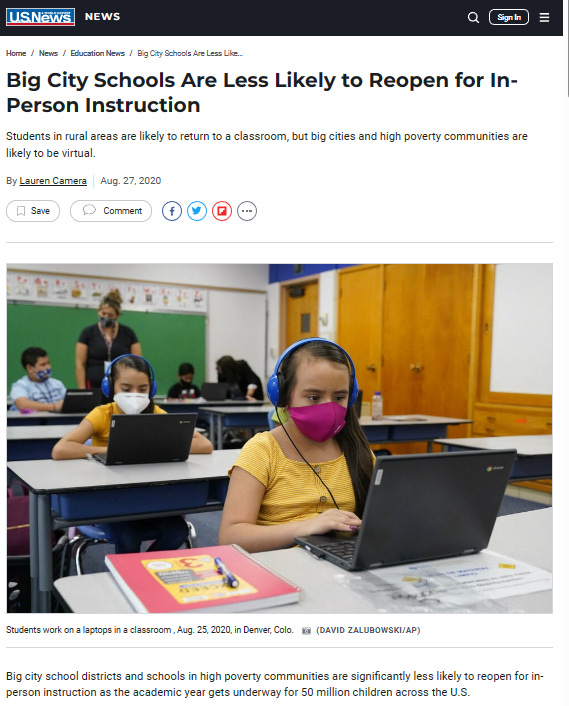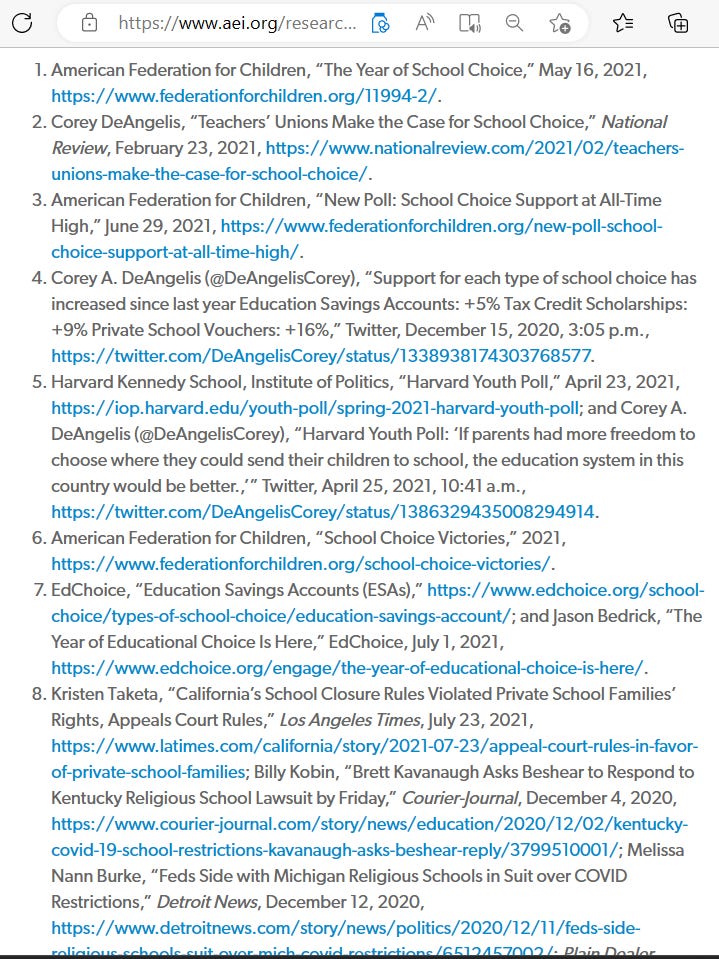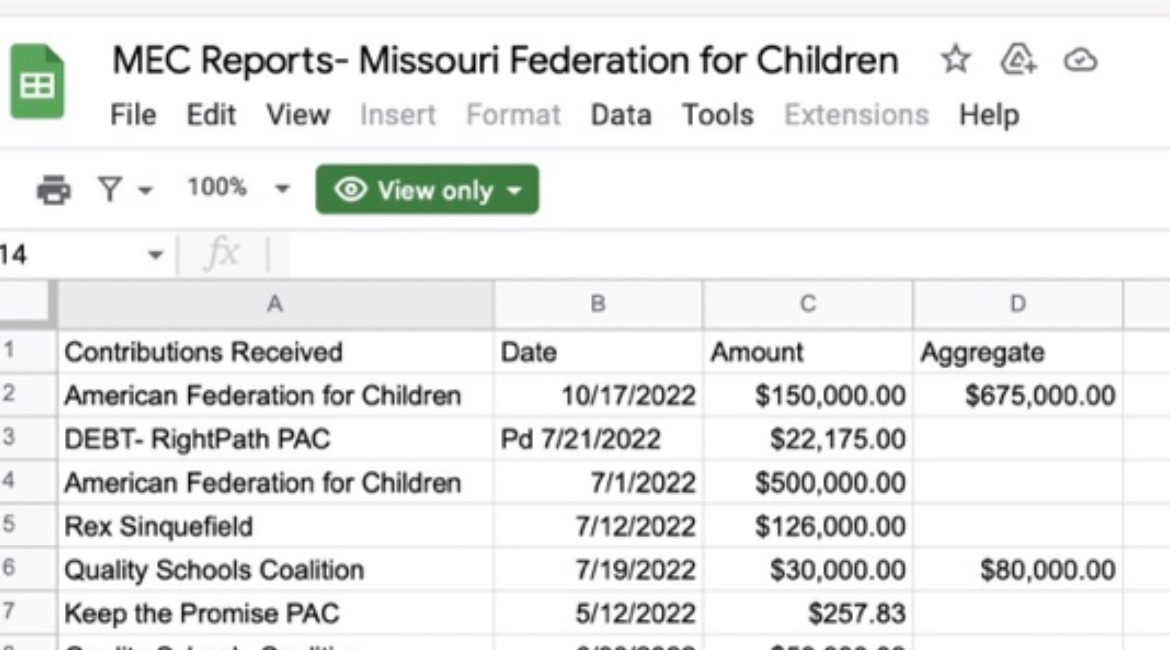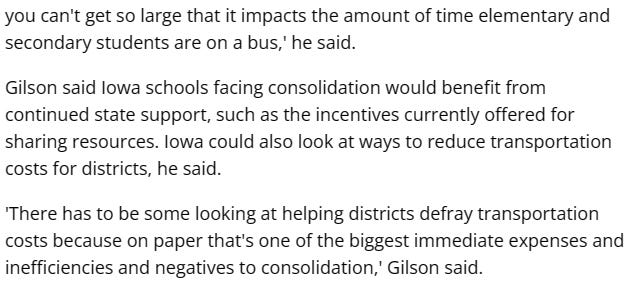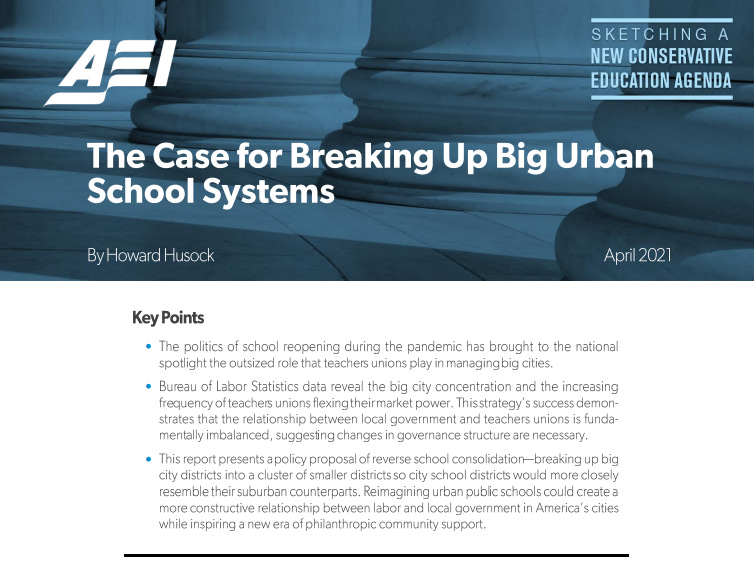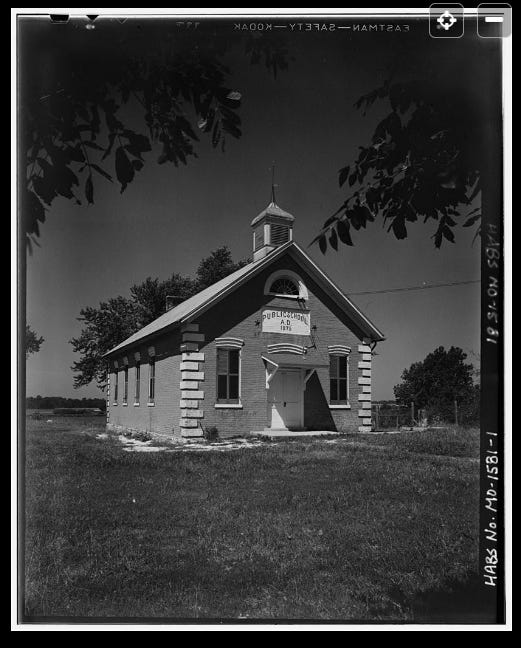Open Enrollment: Consolidation & Increase of Teacher Union Strongholds.
How consolidation of public schools moves education further into centralization of power that gives special interests and Unions more influence.
We heard a lot about Teacher Union influence on the reopening of schools during the COVID lockdowns. The stories dominated the headlines from the proponents of “School Choice". They finally had the opportunity to use the crisis and chaos to sell the voucher left, neoliberal idea they had been working on for so many years. This was the time to use the Unions to sell the insertion of governmental funds into private schools and home schools to increase centralized power of education in the United States.
This was their time to strike.
You can learn more about the special interests and their funding of “School Choice” here.
Who is funding School Choice™️ movement in MO Legislature?
American Federation of Children (National & Missouri Affiliate) The 2022 Election ushered in a lot of outside funding from National School Choice™️ organizations. (One of my friends started using the ™️ for the recent school choice movement and he is spot on. Thanks Unwokable Podcast!).
What they weren’t telling you was that the rural and smaller schools were opening and operating almost as normal while the Union held big cities were keeping their public schools closed.
Parents and community members in small rural towns were standing up to their local school boards and demanding that they take the masks off kids and stop secondary quarantining. Parents started to re-engage and participate in the process of their student’s public education. Many parents won school board elections and continue to take back their schools from special interests. Why have they been successful?
They are small and rural.
Unions do not have the same amount of political centralized power in rural areas as we see in large cities like in Chicago, NYC, and Washington, D.C.
What the special interests won’t tell you is that most teachers only join the Unions for the liability insurance. That many do not align with their national politics. The teachers and staff need another option that doesn’t lobby for radical left ideologies.
So what does this have to do with Open Enrollment legislation?
Open enrollment of public schools will create consolidation of small and rural schools, making other schools larger reducing the balance of power between Teacher Unions and Local Citizens.
Iowa has seen massive consolidation of rural schools. The 1960s was the first step in large consolidation of schools, and then again in the late 1990s with Open Enrollment.
In an article written by Howard Husock for AEI, Howard makes the argument that smaller schools are better for breaking up centralized power.
Husock argues that consolidation has gotten so bad that it has created too much centralized power for unions and political interests, that reverse consolidation should be considered. While this substack author does not agree with Husock’s support of charters, he makes common sense points on how consolidation has increased the power of the teachers unions.
You can read his full report here. https://www.aei.org/research-products/report/the-case-for-breaking-up-big-urban-school-systems/
Conservatives go on and on about how bad teacher unions are yet are carving a path for their power to grow through Open Enrollment.
Rural and small schools are the best defense against unions and special interests. Open Enrollment will force these small schools to close, and the unions will grow.
While this author recognizes that the Fordham Institute has its own special interests group behind it as of late, John T. Wenders did make common sense arguments against consolidation.
The Missouri Legislature is fast tracking House Representative Brad Pollitt’s Open Enrollment to the Senate Floor.
Rep. Pollitt is a retired Public-School Superintendent from Sedalia schools.
Does he know what will happen to the rural schools in his area? Is he trying to consolidate small schools to increase centralized power of education in Missouri?
If you are worried about Teacher Union strongholds and want to protect rural schools from consolidation and centralized power, call your Senator and House Representative and ask them to VOTE NO on Pollitt’s HB 253 Open Enrollment Bill.
The Bill is fast-tracking and hitting the Senate Floor soon as the General Assembly nears the end of the legislative session.
Public School, Cottleville, St. Charles County, MO




